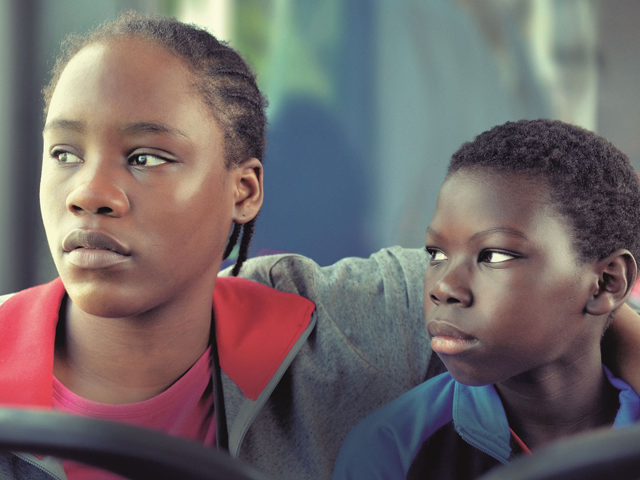
In Belgium today, a young boy and an adolescent girl who have travelled alone from Africa pit their invincible friendship against the cruel conditions of their exile.
EN
“It is a film supremely uninflected and unadorned so as to confront us with the blunt brutality of everyday living of those who go unseen except by law enforcement and exploiters. Performances are stripped to a functional, behavioral minimum, actions and acts like the infliction of violence or a gesture of love and commiseration are spare, pointed, and without excess.”
Daniel Kasman1
“Cineuropa: What is the spark that started this project?
Jean-Pierre Dardenne: We had been to reception centres for refugees a few years ago. For some time now, we had been rehashing the topic of the situation of these isolated minors in exile, and we wondered how to make a film with these children. Maybe Young Ahmed, another child, brought us back to them. Ahmed was a child who was alone. We thought: “Hey, let’s tell a story of friendship through children.” Exile, the fate of migrants, is really the big question our society faces.
Luc Dardenne: I would even say exiles, more than migrants. It's not fair that they move from place to place. They have left their village, their family, everything they know. The rupture is enormous, they are all the more lost and alone. We have also been able to see it, we have read a lot of testimonials, and medical reports. We discovered the hell that these children go through on their journey and the terrible feeling of loneliness that stays with them even when they have “arrived”.”
Aurore Engelen in conversation with Jean-Pierre and Luc Dardenne2
“You hope the right people are watching.”
Phil de Semlyen3

